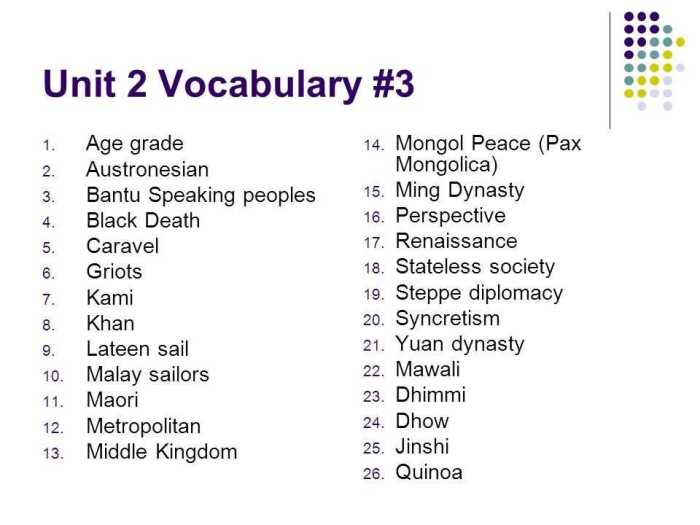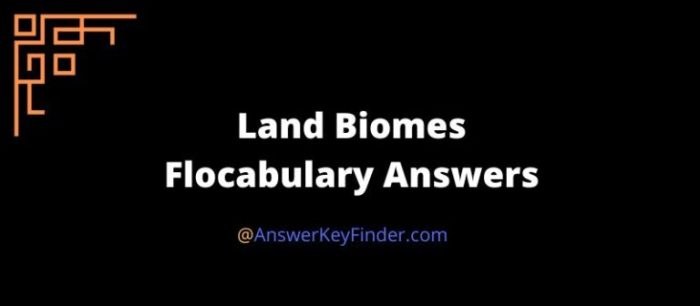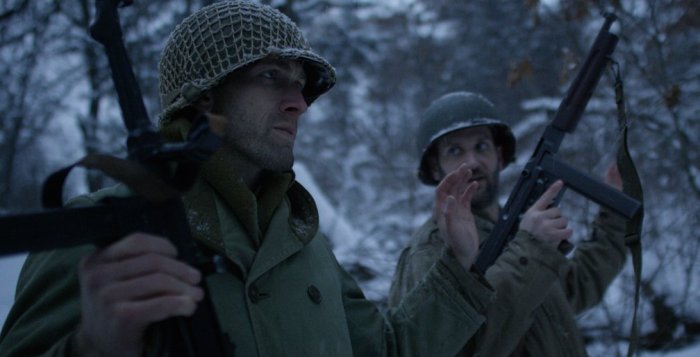World war 2 flocabulary quiz answers present an intriguing opportunity to delve into the complexities of one of the most significant conflicts in human history. Through a captivating exploration of key events, influential figures, and lasting impacts, this comprehensive guide unlocks a deeper understanding of World War II.
From the cataclysmic battles that shaped its course to the profound social and political transformations it engendered, this in-depth analysis unveils the multifaceted nature of this global conflict. Prepare to embark on a journey that illuminates the historical significance of World War II, empowering you with a comprehensive understanding of its causes, consequences, and enduring legacy.
Historical Overview of World War II: World War 2 Flocabulary Quiz Answers
World War II, the deadliest conflict in human history, erupted in 1939 and ended in 1945. The war pitted the Axis powers, led by Nazi Germany, Fascist Italy, and Imperial Japan, against the Allied powers, primarily consisting of the United Kingdom, the United States, and the Soviet Union.
Major Events and Turning Points
- German invasion of Poland (1939)
- Battle of Britain (1940)
- Pearl Harbor attack (1941)
- Battle of Stalingrad (1942-1943)
- D-Day landings (1944)
- Atomic bombings of Hiroshima and Nagasaki (1945)
Impact on Global Political Landscape
World War II had a profound impact on the global political landscape. It led to the downfall of the Axis regimes and the redrawing of national boundaries. The war also ushered in the Cold War, a decades-long period of tension between the United States and the Soviet Union.
Causes of World War II
The outbreak of World War II was the culmination of a complex set of factors, including:
Political Factors
- Rise of nationalism and fascism
- Treaty of Versailles (1919)
- Failure of the League of Nations
Economic Factors
- Global economic depression
- Competition for resources
- Trade protectionism
Social Factors
- Disillusionment with the post-World War I order
- Spread of anti-Semitism and racism
- Desire for revenge
Key Players in World War II

World War II featured a diverse cast of leaders and nations:
Axis Powers
- Adolf Hitler (Germany)
- Benito Mussolini (Italy)
- Hideki Tojo (Japan)
Allied Powers
- Winston Churchill (United Kingdom)
- Franklin D. Roosevelt (United States)
- Joseph Stalin (Soviet Union)
Strengths and Weaknesses, World war 2 flocabulary quiz answers
The Axis powers possessed a strong military and a highly motivated ideology, but they were hampered by internal divisions and a lack of resources. The Allied powers had greater industrial capacity and a more stable political system, but they were often divided in their strategy.
Technological Advancements in World War II
World War II witnessed significant technological advancements:
New Weapons Systems
- Radar
- Aircraft carriers
- Atomic bombs
Impact on Warfare
These advancements revolutionized warfare, enabling faster communication, improved reconnaissance, and the development of devastating new weapons.
Impact of World War II on Society

World War II had a profound impact on societies around the world:
Civilian Populations
- Bombing of cities
- Displacement of millions of people
- Rationing and shortages
Women and Minorities
- Increased participation in the workforce
- Challenged traditional gender roles
- Exposed discrimination and inequality
Legacy of the War
World War II left a lasting legacy, including the establishment of the United Nations, the rise of the United States as a global superpower, and the ongoing struggle against tyranny and oppression.
World War II in Popular Culture
World War II has been extensively depicted in popular culture:
Film and Literature
- Saving Private Ryan
- The Longest Day
- The Good War
Historical Accuracy and Cultural Significance
These representations have played a significant role in shaping public understanding of the war, both in terms of its historical accuracy and its cultural significance.
World War II Museums and Memorials

Numerous museums and memorials commemorate World War II around the world:
Major Sites
- National World War II Museum (New Orleans, USA)
- Imperial War Museum (London, UK)
- Yad Vashem (Jerusalem, Israel)
Purpose and Significance
These sites serve as repositories of artifacts and documents, preserving the memory of the war and its victims. They also provide educational programs and resources to promote understanding of this pivotal event in history.
Question Bank
What were the major turning points of World War II?
Key turning points include the Battle of Stalingrad, the D-Day landings, and the atomic bombings of Hiroshima and Nagasaki.
Who were the key leaders involved in World War II?
Prominent leaders included Winston Churchill, Franklin D. Roosevelt, Adolf Hitler, Joseph Stalin, and Benito Mussolini.
What were the major technological advancements during World War II?
Significant advancements included the development of radar, aircraft carriers, atomic bombs, and jet aircraft.